Yahya Sinwar, a life dedicated to Palestinian resistance
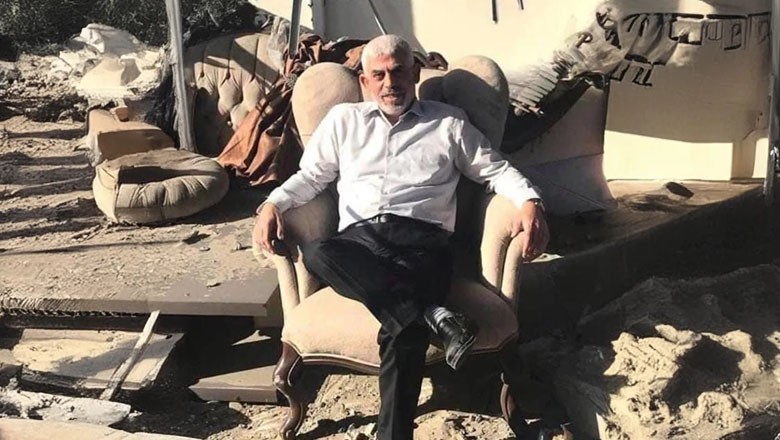
Web Desk
|
18 Oct 2024
Yahya Sinwar, the head of the Palestinian resistance organisation Hamas, was killed by Israel in Gaza on Wednesday, according to Tel Aviv authorities.
The development came after the Israeli army said it was "investigating the possibility" that Sinwar had been killed in Gaza.
Sinwar became the head of Hamas after Ismail Haniyeh's assassination in Tehran on July 31. He was previously the head of Hamas in Gaza.
An Israeli security official revealed that the military is conducting DNA tests to confirm whether Sinwar's body is among those killed in the operation.
Hamas sources indicated that Sinwar was indeed killed in the Israeli operation, as reported by Reuters.
US President Joe Biden hailed Sinwar's death as a "good day" for the world, stating it removes a key obstacle to a Gaza ceasefire and hostage deal.
Israeli Prime Minister Benjamin Netanyahu called Sinwar's killing the "beginning of the end" of the bombardment in Gaza.
Who was Yahya Sinwar?
Born on October 19, 1962, in Khan Younis's refugee camp, Sinwar was a key figure in Hamas. He received his primary education in Khan Younis and obtained a bachelor's degree in Arabic from the Islamic University of Gaza.
Sinwar's marriage was delayed due to his armed struggle and long arrest. After his release from Israeli prison in 2011, he became one of Hamas' top leaders.
Sinwar played a crucial role in maintaining links between Hamas's political wing and the Izz ad-Din al-Qassam.
He conducted an investigation into Hamas field commanders' performance after the 2014 Israeli offensive, resulting in several senior leaders being removed from their posts.
In September 2015, the US added Sinwar's name to the blacklist of international terrorists. He was elected head of Hamas' political wing in the Gaza Strip in 2017, replacing Ismail Haniyeh.
Sinwar announced Hamas would adopt "peaceful popular resistance" in 2018, potentially aiming to shed its terrorist organisation label.
Sinwar's leadership saw increased militarisation in Gaza, focusing on strengthening Hamas's military capabilities.
Despite this, he engaged in pragmatic politics, negotiating ceasefires when strategically beneficial.
He was also given the nickname "The Butcher of Khan Younis" by Israel.


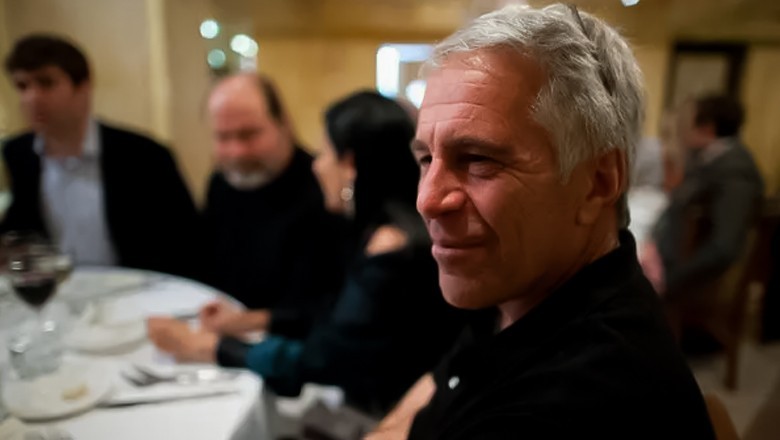
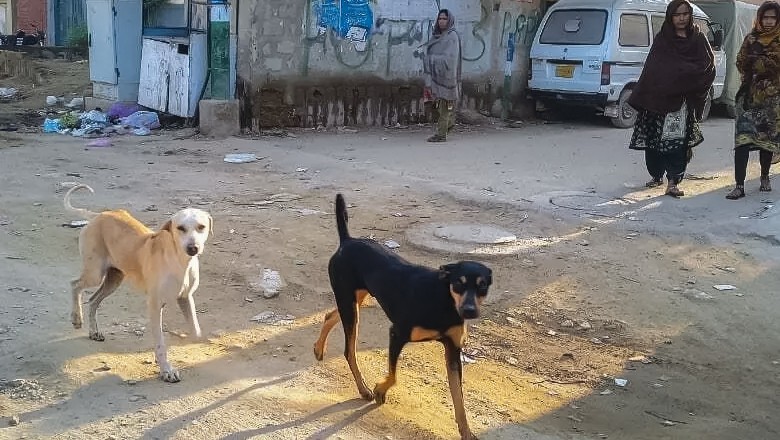
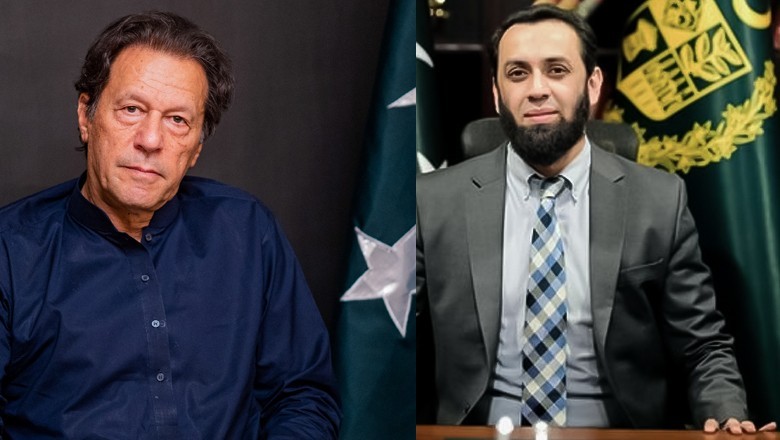



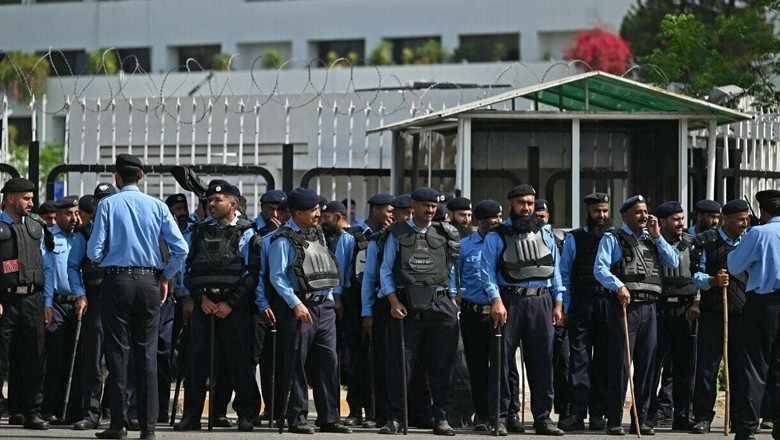
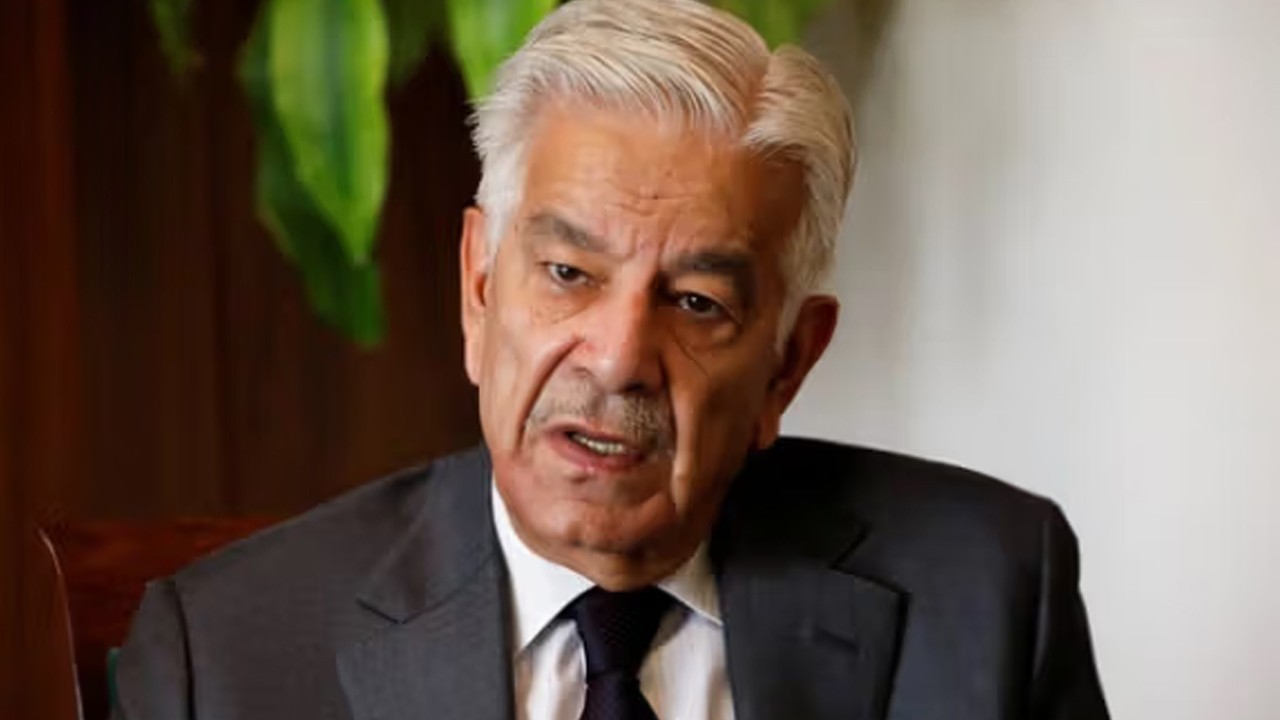
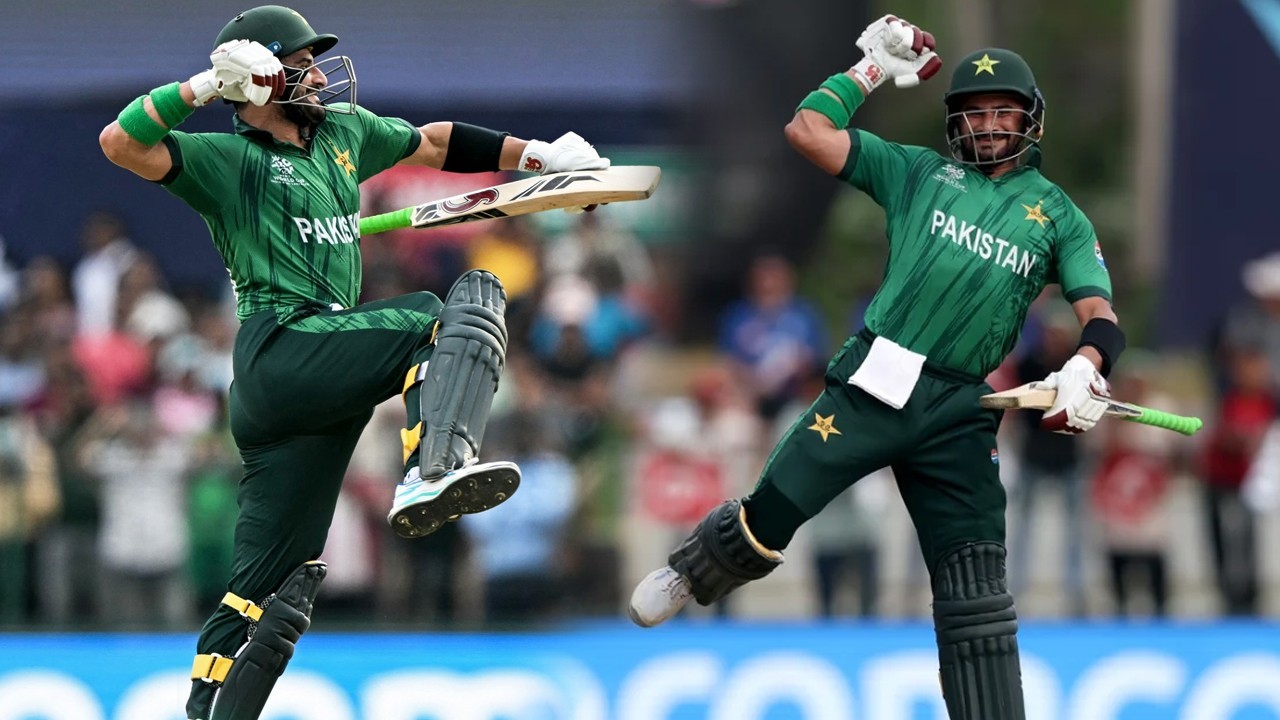

Comments
0 comment